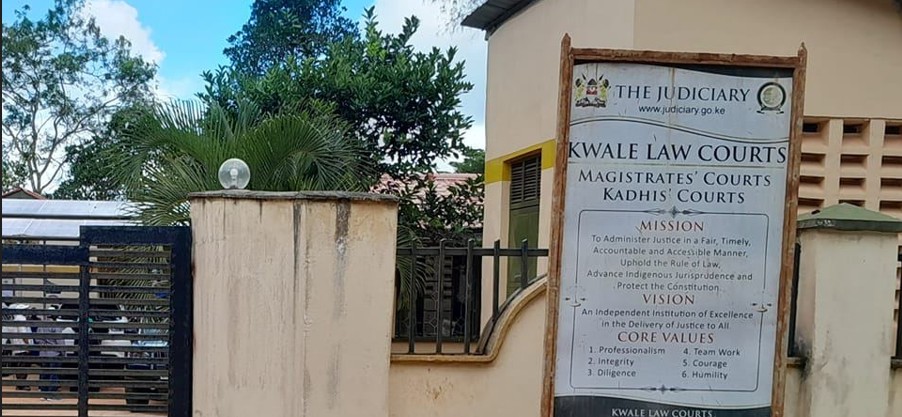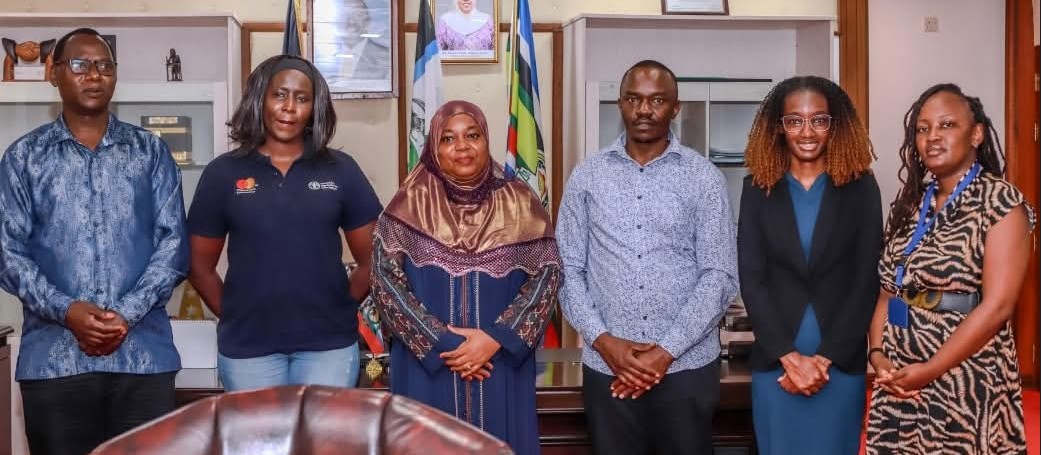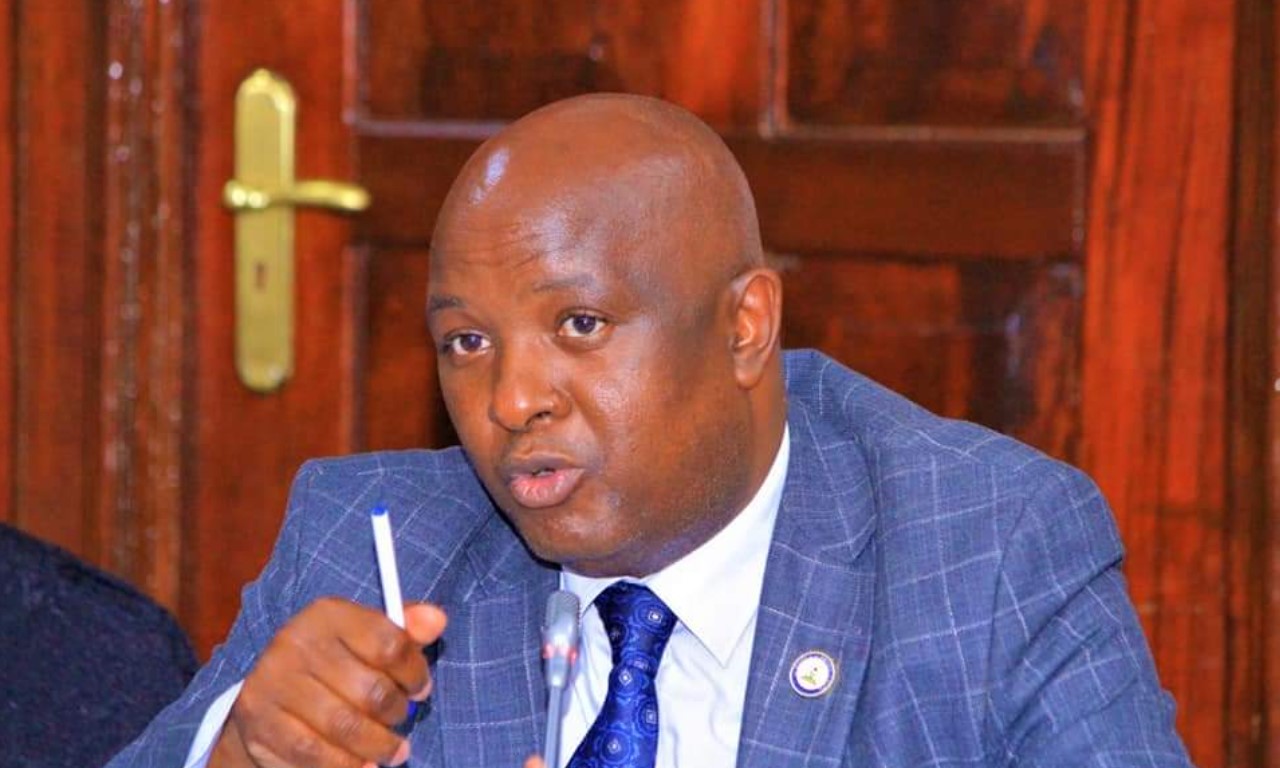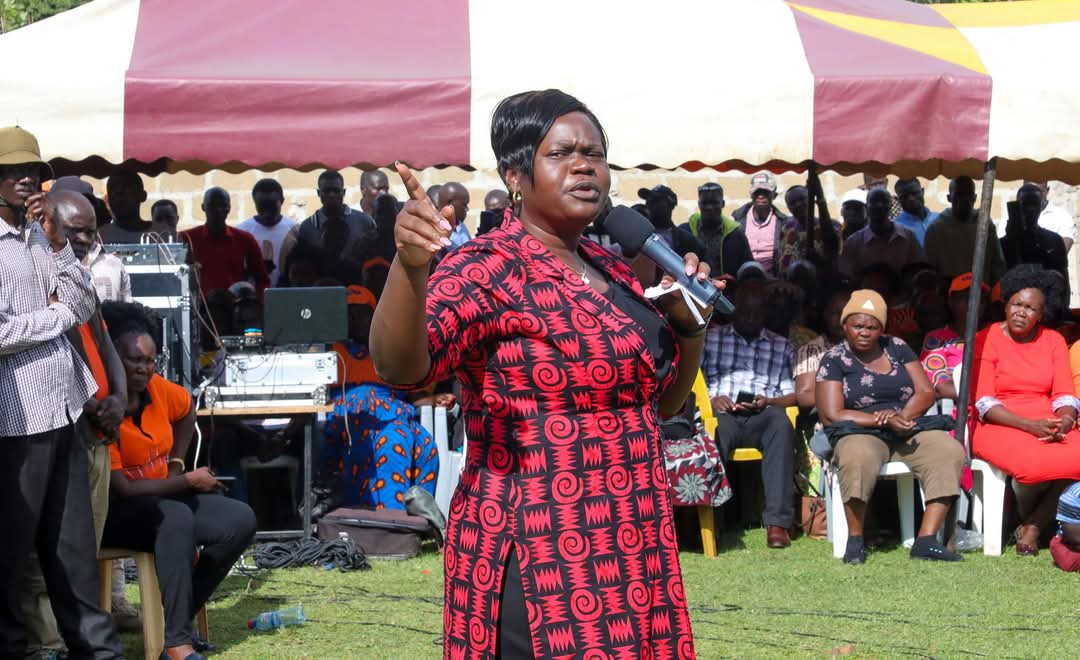LSK flags risk of self-regulating county assemblies under new Bill
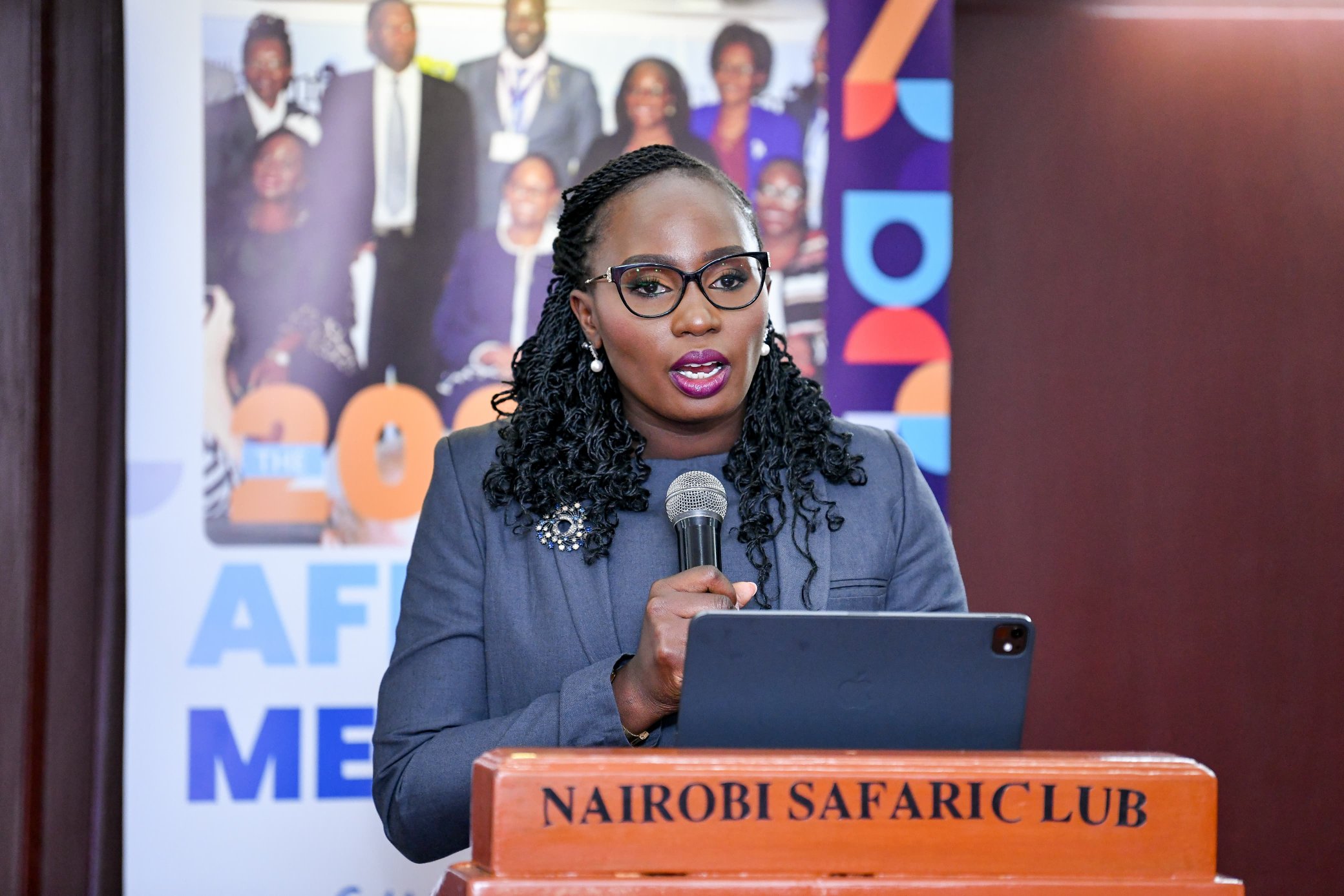
If enacted, the changes would empower the Senate, elevating it to a status on par with the National Assembly, similar to the US Senate model.
The Law Society of Kenya (LSK) has raised concerns over a proposal to establish a County Assembly Fund under the Constitution of Kenya (Amendment) Bill, 2025, cautioning that it could weaken accountability in county governments.
The Senate’s Justice, Legal Affairs and Human Rights Committee, led by Bomet Senator Hillary Sigei, convened a stakeholder retreat in Kiambu County to gather opinions on the Bill. The legislation aims to enhance devolution while resolving recurring conflicts between the National Assembly and the Senate over legislative authority.
More To Read
- LSK condemns violence in by-elections, warns of gaps ahead of 2027 polls
- Senate convenes special sitting to hear Governor Nyaribo’s impeachment charges
- Judiciary faces Sh576.6 million pending bills amid budget review
- Senate summons Isiolo, Kericho governors for skipping audit hearings
- Governance Committee orders mandatory audit attendance for university heads
- IG Douglas Kanja urges court not to issue orders over political activity claims
A major focus of the Bill is the recommended repeal of Articles 110 and 114, which classify “bills concerning counties” and “money bills.” These provisions have been a consistent source of disagreements between the two parliamentary houses. The LSK welcomed their removal, describing it as a necessary step to streamline the legislative process.
“The LSK commends the proposal to repeal Articles 110 and 114,” said LSK President Faith Odhiambo on Tuesday.
“These articles have been a persistent source of conflict, frustrating the smooth operation of bicameralism. Their removal will simplify legislative classification and is a critical step towards ending the gridlock that has undermined devolution,” she added.
While supporting the repeal, the society voiced strong objections to the new County Assembly Fund. Odhiambo warned that the clause would leave county assemblies to regulate themselves, creating an oversight gap that could erode checks and balances.
“The proposed County Assembly Fund creates a dangerous oversight vacuum and undermines the separation of powers,” she said. “The absence of express external oversight mechanisms means assemblies would be policing themselves, a situation inconsistent with constitutional principles of accountability.”
The LSK urged the committee to either remove the clause entirely or include robust measures to ensure transparency and proper supervision.
The Bill, championed by Senate leadership, is set to enter a public participation stage across all 47 counties later this month. Observers and stakeholders stressed that strengthening devolution must go hand in hand with maintaining accountability and oversight in county governance.
The Constitution of Kenya (Amendment) Bill, 2025, published in July 2025, proposes giving the Senate powers to initiate legislation, vet constitutional office holders, approve national budgets, and challenge decisions passed by the National Assembly.
It also seeks to provide Senators with a role in the removal of top public officials and establish a County Assembly Fund to enhance financial autonomy for county legislatures.
“The principal object of the Bill is to strengthen and secure devolution. The draft Bill seeks to provide a framework to achieve this purpose by reviewing the mandate of the Senate and the National Assembly,” the document notes.
Additionally, the Bill outlines the creation of a formal leadership structure within the Senate, including a Speaker, a Majority Leader, and a Minority Leader, reflecting arrangements in other bicameral systems worldwide.
If enacted, the changes would empower the Senate, elevating it to a status on par with the National Assembly, similar to the US Senate model.
Currently, the Kenyan Senate has a limited role and is often seen as an underutilised institution with minimal impact on national policymaking.
The amendment bill is a joint initiative by Senate Majority Leader Aaron Cheruiyot and Minority Leader Stewart Madzayo, with legal oversight from Justice and Legal Affairs Committee chair Hillary Sigei, assisted by senior counsels Okongo Omogeni and Tom Ojienda.
Top Stories Today







